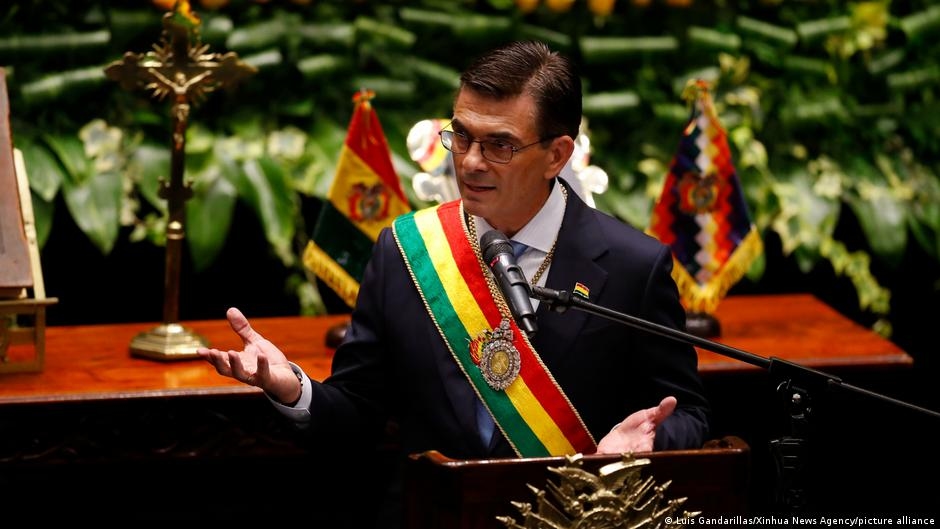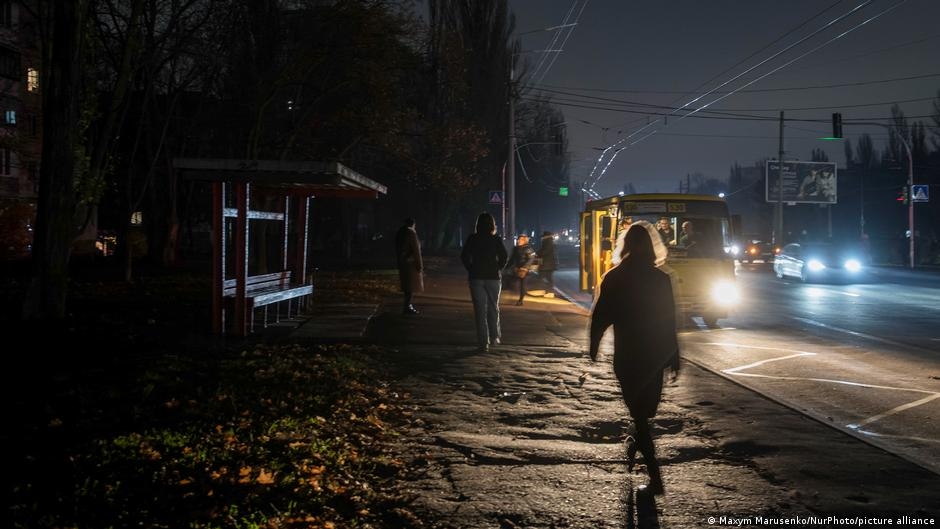The US and Bolivia end diplomatic ice age

"Bolivia is returning to the world," Rodrigo Paz emphasized at his inauguration as head of state. The US approves of the new course taken by the 58-year-old Christian Democrat.
The inauguration of Christian Democratic President Rodrigo Paz in Bolivia has had a positive impact on the long-strained relationship between the Latin American country and the United States . Relations will now be conducted at the ambassadorial level, "as they always should have been," declared US Deputy Secretary of State Christopher Landau at a meeting with Paz in the government headquarters in La Paz.
Bolivia and the USA expelled each other's ambassadors 17 years ago. The trigger was an accusation in 2008 by then Bolivian President Evo Morales that US diplomats supported nationwide demonstrations against his left-wing government.
Even under President Luis Arce, who took office in 2020, diplomatic relations were not resumed at the highest level. Instead, Arce forged economic and political ties with China , Russia , Iran , and Venezuela .
Paz wants "capitalism for all" in BoliviaThe business-friendly Paz took office as Bolivia's new president on Saturday. This ended an almost two-decade-long era of left-wing governments in the South American country, which is mired in a severe economic crisis. The annual inflation rate has recently hovered around 20 percent.
"Never again an isolated Bolivia, subject to outdated ideologies, and even less a Bolivia that turns its back on the world," Paz said in his inaugural address. "Bolivia is returning to the world, and the world is returning to Bolivia," he emphasized, referring to the more than 70 international delegations that had traveled to Bolivia for his inauguration.

During his election campaign, Paz announced a program called "Capitalism for All." He wants to cut gasoline subsidies by more than half and boost domestic industry, among other things, through tax reform. At the same time, he promised to maintain social benefits.
Bolivia possesses the world's largest reserves of lithium, a key raw material for batteries and electric vehicles. Developing these resources has been stalled, and investment has progressed slowly. Under Paz's government, German companies are also hoping for new opportunities for cooperation.
wa/pgr (afp, dpa)
dw




